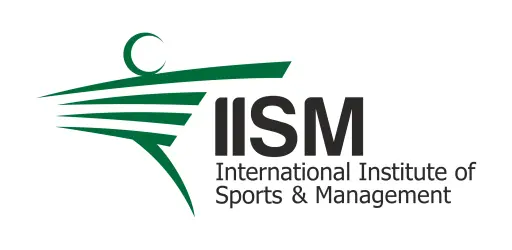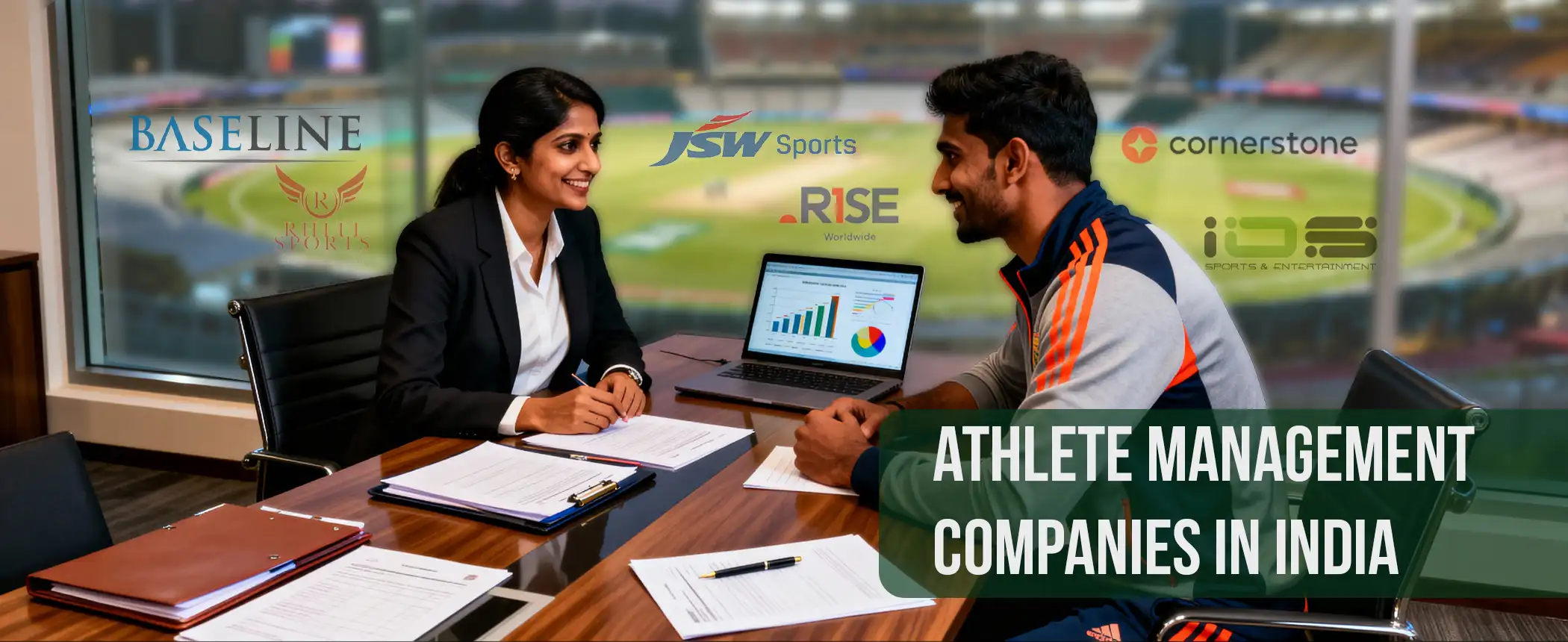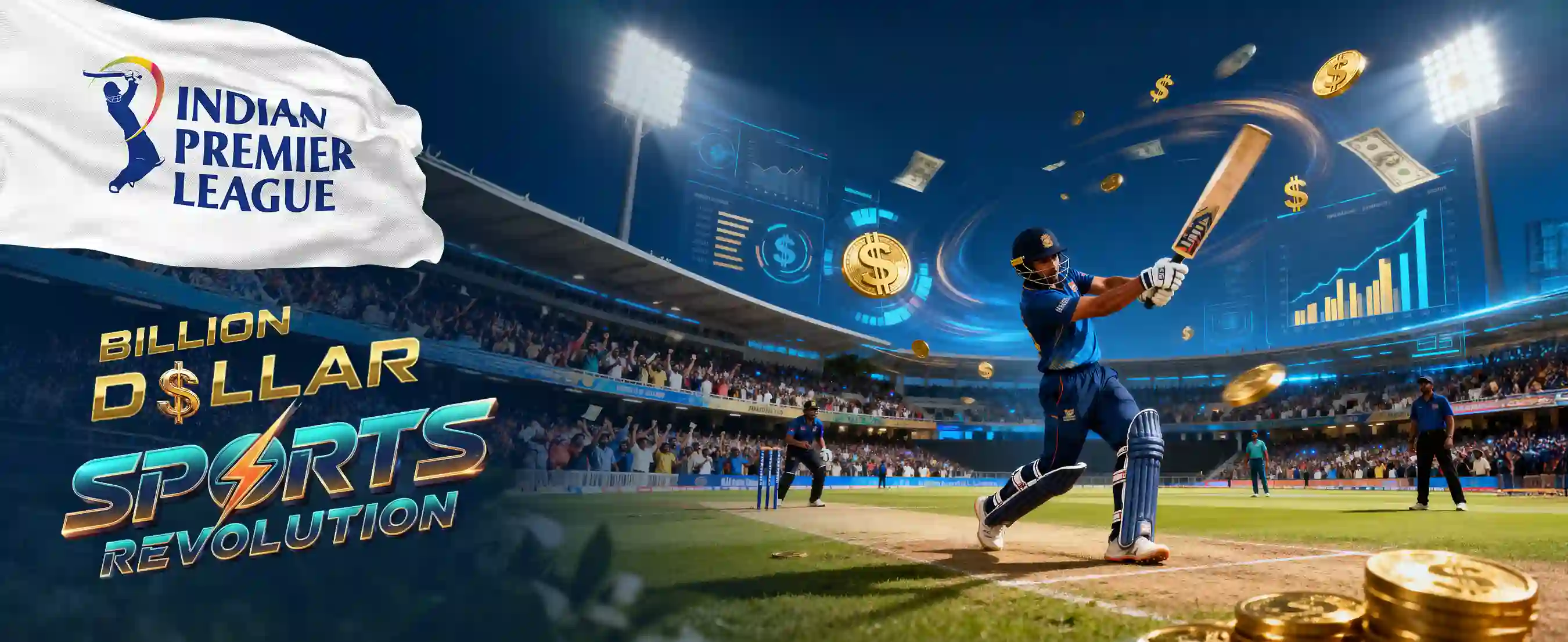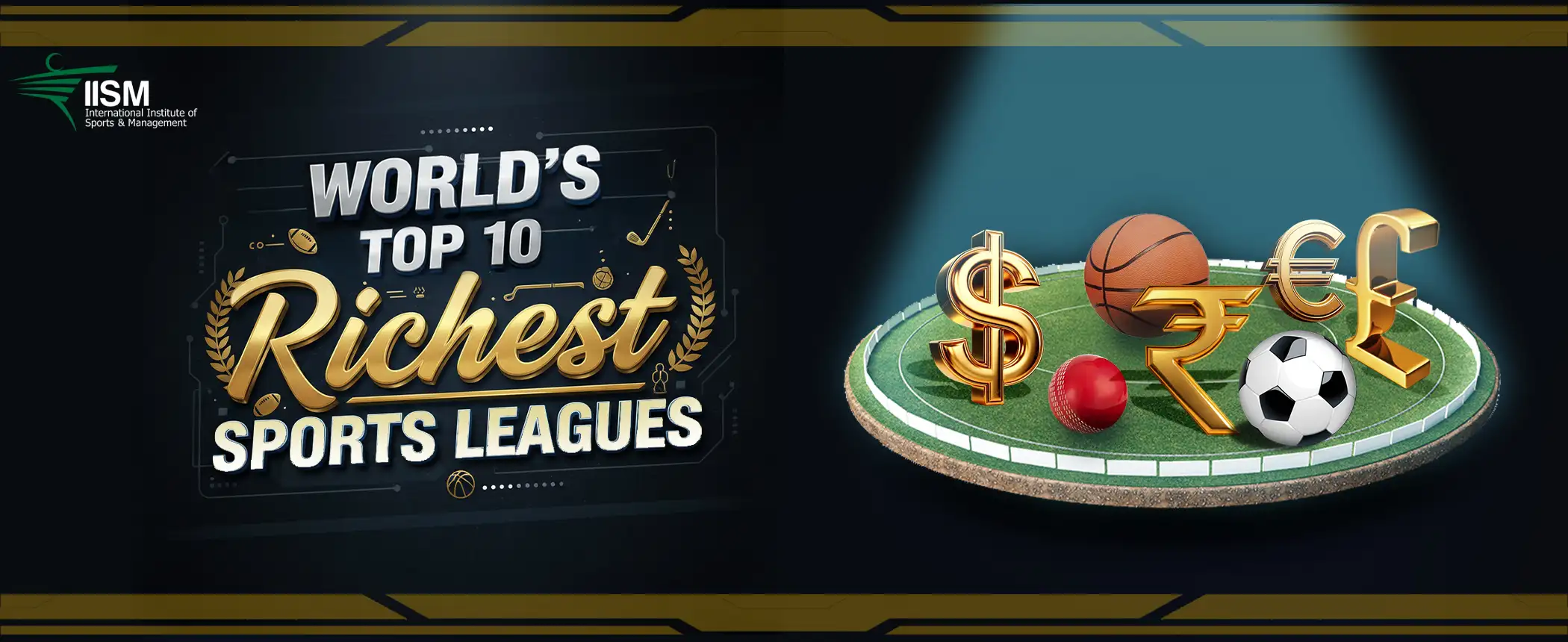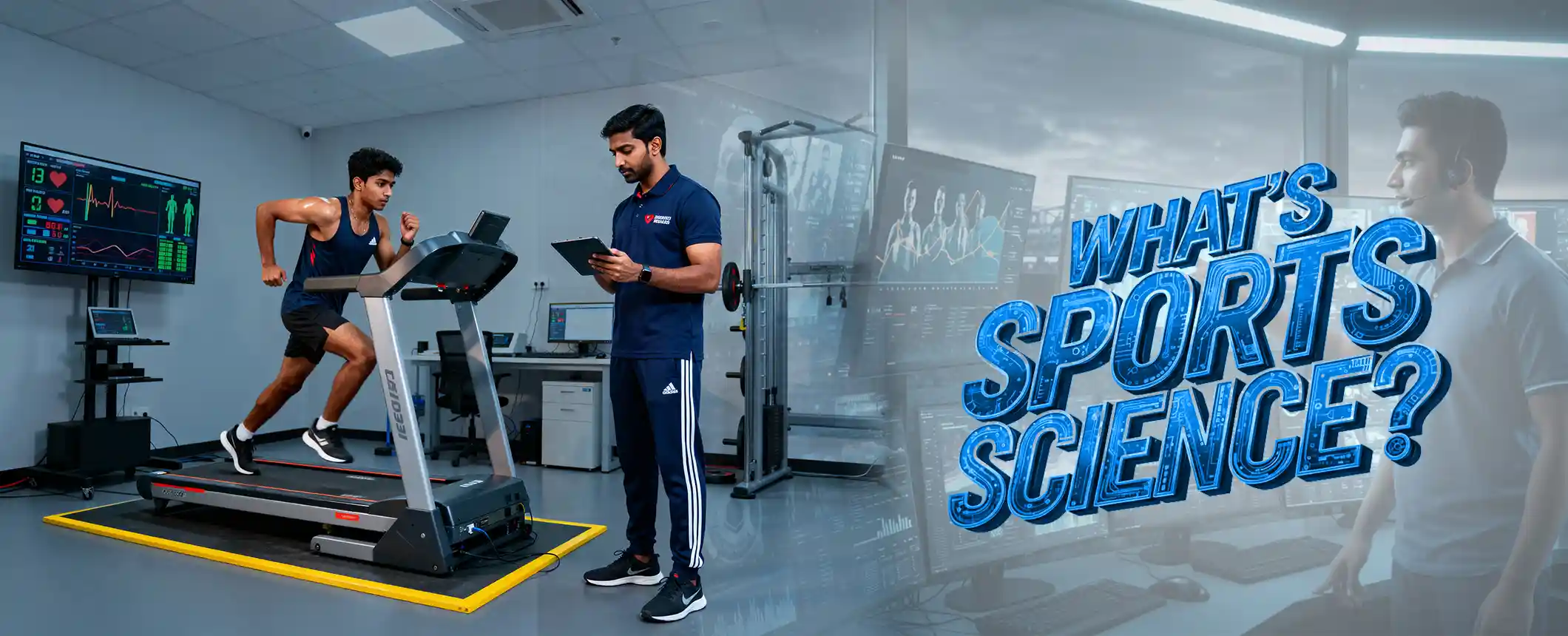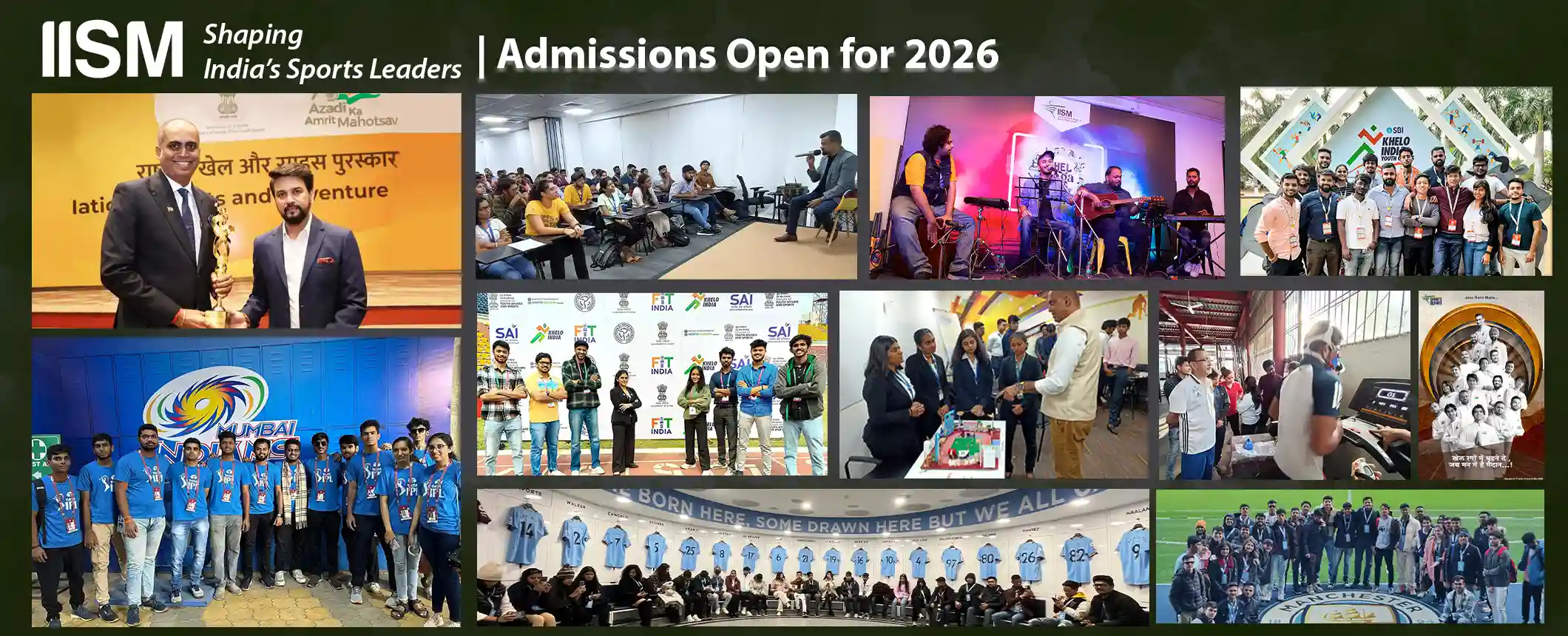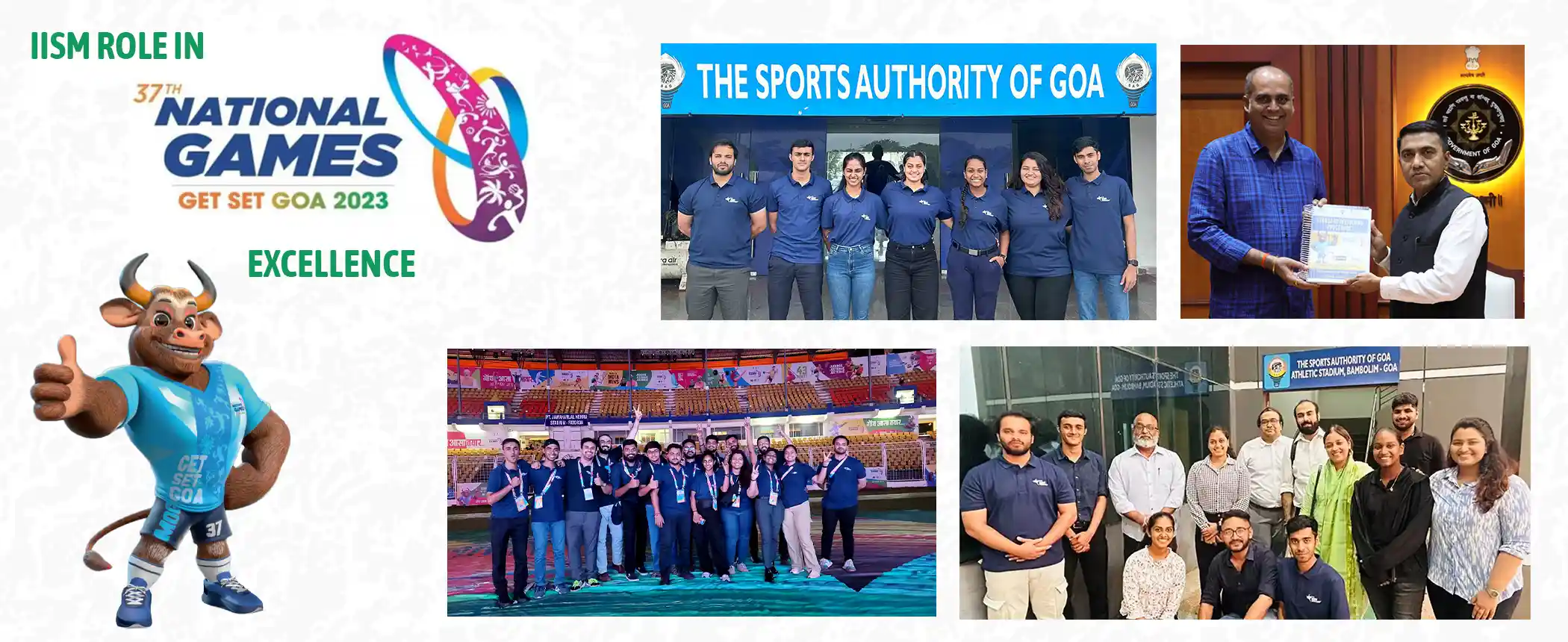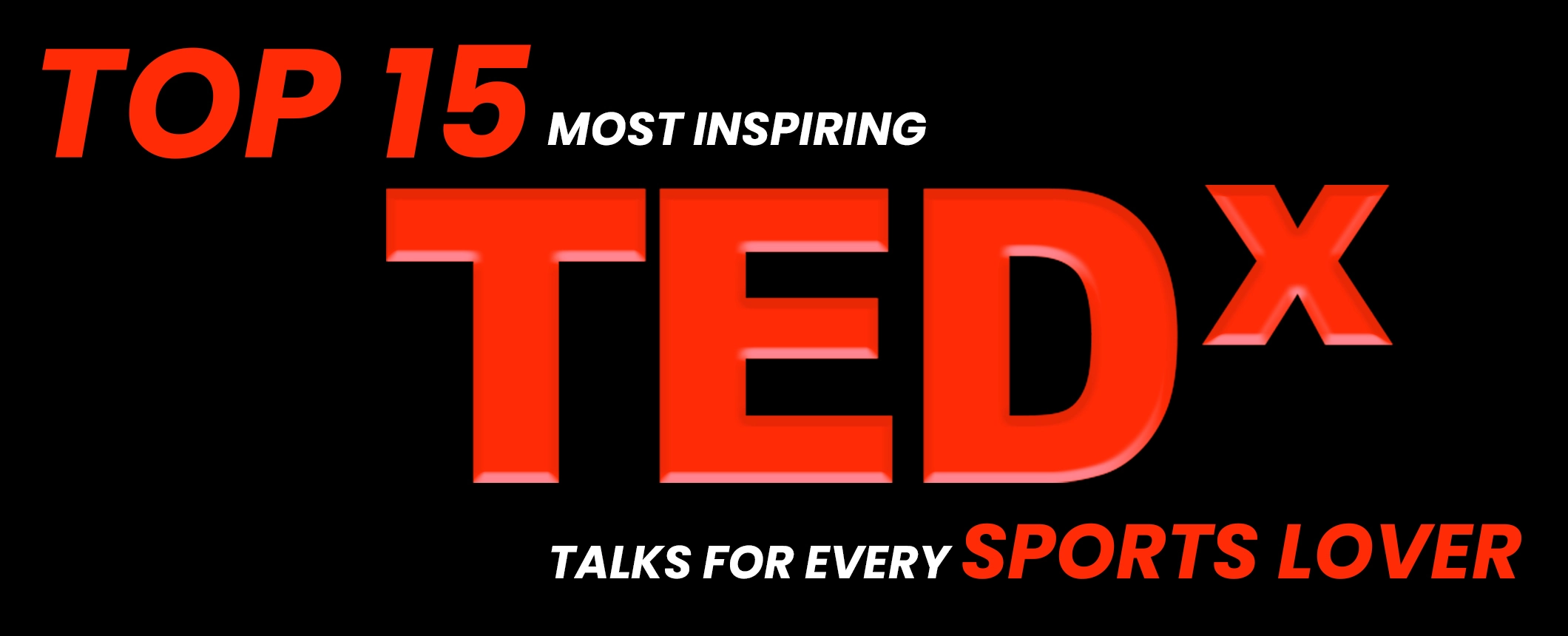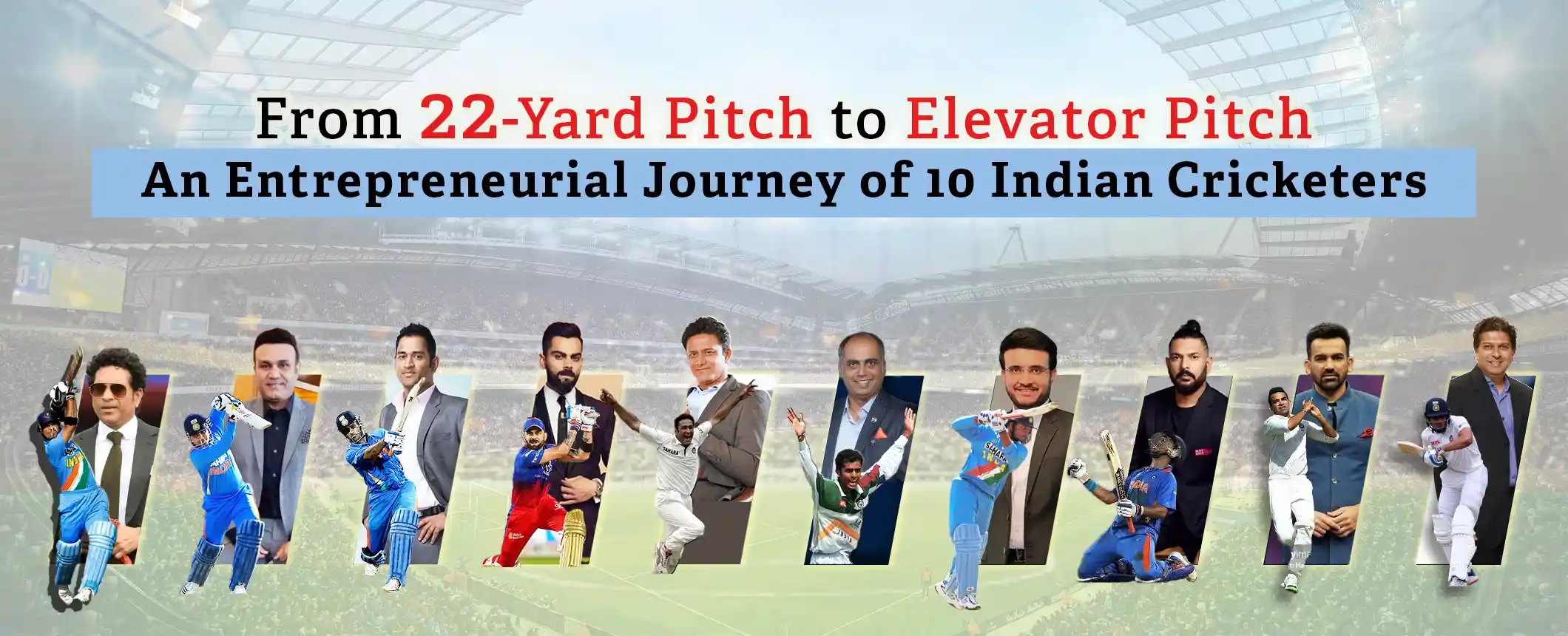Is India ready to embrace the need of women sports managers?
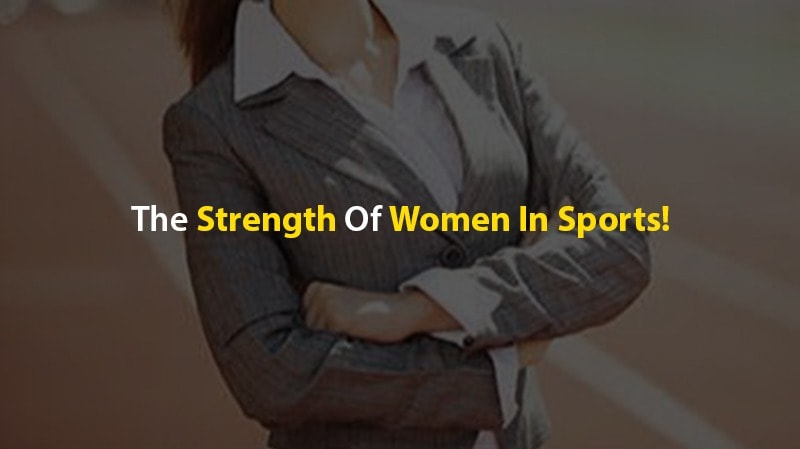
Mr. Mustafa Sapatwala (Deputy Head- Academics)
In a patriarchal society, women have borne the burden of socio cultural bias for thousands of years. And even today, women are generally looked down upon. Though in modern India, things seem to be changing, but the sub conscious outlook remains more or less the same. With 48.5% of our population being the fairer sex, women haven’t got their due yet, more in the field of sports.
It was all woman power for India at Rio when Sakshi Malik and PV Sindhu were the only medal winners. At Gold coast CWG 2018, 46% of the athletes from a squad of 221 were women and almost 42% of the medals won were by women.
But out of the 58 coaches, 17 doctors, 7 managers, 22 officials how many were women? Hardly any.
In Indian sports association governing bodies, women constitute between 2-8 %. Hockey India, with 34 per cent female representation, is the only exception.
So does India need more women at the backend of sports? As Managers, As Coaches?
One of the biggest hindrance is the lack of awareness about opportunities and of course the skewed outlook towards women. The number of women coaches under Sports Authority of India (SAI) is scarce. Women coaches are said to be less aggressive, and demanding as compared to their male counterparts.
The prospect of being coached by a woman may even be considered embarrassing for a male athlete. This was very well articulated in films like Dangal, where young boys are embarrassed and ashamed to compete with a girl, more so to lose to her which becomes a social stigma.
Another very important aspect which is rampant but under reported are cases of harassment and sexual assaults. Young female athletes travelling across the country to participate in various tournaments are always vulnerable to such incidents, and most of the time it is someone known to you. A female manager, would understand such risks and would be better prepared to handle female athletes. Unfortunately most women coaches or managers are sent purely for security reason and not for their better managerial skills.
Another socio cultural aspect is the difficulty of the family to accept sports as a career for a woman.
In the United States for example, The Title IX of Educational Amendments was adopted in 1976 to prohibit sex discrimination in the field of education nor athletics, which has been key to empower women in the field of sports. Probably we also need such laws in India to encourage better representation for women.
It is also true that such careers demand the prime time for any woman, where they have to take care of their family, household, etc and it comes as a severe speed breaker.
Even internationally there have been few instances of women managers or support staff, though the number is definitely more than India. 43 year old Corinne Diacre is a French professional football coach and former football defender who is the manager of the second division French club Clermont Foot 63, and she is the only female manager in the higher leagues of Europe.
Eva Carneiro is a Gibralter born British sports medicine specialist who is best known for serving as the first team doctor of Chelsea when she joined in 2009.
Jacqueline Hey worked as Cricket Australia’s non-executive director for a year and hoped her work would inspire other women become influential in cricket. Michelle Cort has worked for Cricket Australia for five years as lead sports performance dietician, offering advice on improving performance, immunity and injury recovery. Cricket Australia business General Manager Kate Banozic rose to her senior post while raising a family.
So there are opportunities.
Entrepreneur and sports professional Vaidehi Vaidya, based in Pune, thinks that women themselves are to be blamed for their under representation. The opportunities are there and women need to proactively take charge and move into sports.
Vaidehi did her Football Industries MBA from the University of Liverpool and she is the only Indian female candidate to complete FIMBA.
She also said “There is a severe drought of awareness and information about sports careers for women and it should be started by the 9th standard so that the girl’s family can start thinking about prospective sports careers. Female athletes should also look forward to taking up certifications and courses to improve their prospect of future employability in sports. With more women in action, the possibilities of harassment and exploitation will also reduce”.
National Shooter, Samartha Savnekar from Mumbai feels that it is easier to approach women managers regarding smaller problems as compared to male managers and these smaller issues tend to make a big difference during matches.
Family support is an essential requirement for any woman aiming to get into sports.
Former Maharashtra TT coach Shailaja Gohad from Thane, who is an MSc in Textile Designing, has been a coach and mentor to star Indian paddlers for the past 2 decades. She gives all the credit to her family, viz her husband, sister in laws and son for their support which helped in her journey from being a lecturer at SNDT to a successful TT coach.
It is very clear that there are opportunities galore for women to become sports managers and coaches. They need to take their chances and position themselves well in this untapped market. They also need to enhance their sports education credentials with certifications and sports management programs. This will not only benefit several women to get new jobs/work, at the same time it will help a large section of women athletes to remain connected and give back something to their sport. This will also help weed out harassment and exploitation issues, especially at the local level.
What we need is greater awareness amongst girls as well as their families, overcome the patriarchal outlook and do away with the social stigma of women taking up sports as a career.
And as Nobel laureate Malala Yosufzai said “We cannot all succeed when half of us are held back”. Time India realizes its women power!!!
